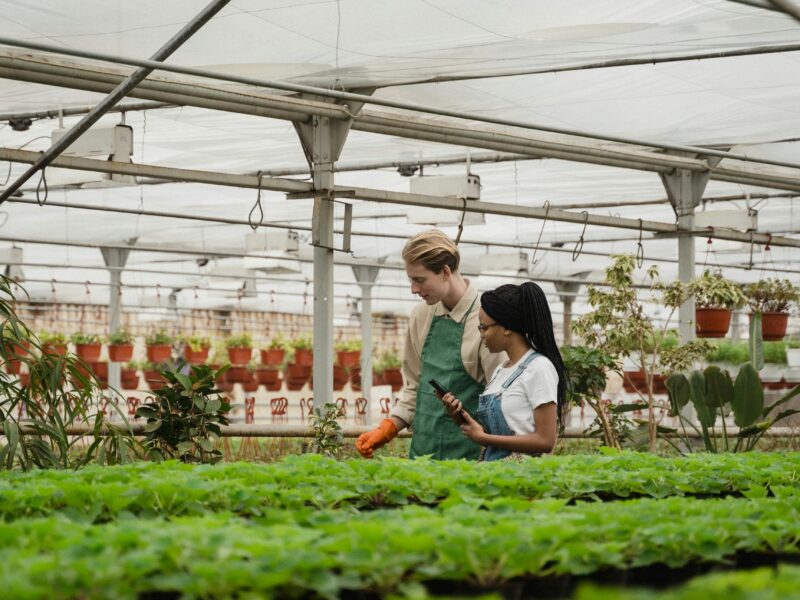Sectors
Labour market trends such as technology, shifting demographics and climate change are leading to rapid change in key sectors of our economy. Workers and employers will require support from the skills ecosystem to successfully manage these transitions.
Research
Responsive Career Pathways Project (RCP) Midcareer Transitions
Canada’s rapidly changing labour market is challenging both workers and employers to adapt. Automation, demographic shifts and evolving skill demands mean that many mid-career Canadians will need to retrain or transition into new roles, while small and midsize enterprises (SMEs) struggle to recruit and retain skilled staff.
Research
Talent Perceptions Study of Economic Growth Sectors in the Calgary Region
Calgary’s economy is poised for significant growth in key sectors like energy transition, technology and health care. However, a critical misalignment threatens this progress: a major disconnect exists between the in-demand occupations, as identified by employers, and the local talent pool’s skills and perceptions.
Research
Pathways for International Educated Health Care Professionals
This report references both Canadian and international examples of best practices to show how IEHPs can be supported in Canada’s health-care workforce.
Research
Mapping Food Sustainability in Canada: Addressing Food Insecurity and Skills Pathing to the Agriculture Sector
Community food production through gardens and greenhouses has gained traction to address food insecurity, and offer skills pathing and sector visibility for agriculture and agrifood careers. In this report, the authors mapped the current ecosystem of food sustainability initiatives to understand the current coverage of food sustainability programs in Canada.
Project
Development of Canada’s National Occupational Standards for a Sustainable Blue Economy
Canada boasts the world’s largest coastline; however, its ocean-related industries contribute only 1% to the GDP, significantly trailing behind other nations. This project identified a pressing need for specialized training in science, technology, engineering and mathematics (STEM) to bridge the skills gap in ocean-related occupations in the sustainable blue economy (SBE), including marine transport and ocean technology.
Research
Learning from Place-Based Approaches on the Road to Net Zero : International Lessons in Skills Training and Workforce Development
Global and Canadian efforts to reduce greenhouse gas emissions and shift away from fossil fuels have created a central policy question: How can workers, sectors and regions adapt and develop the skills needed for a low-carbon future?
Project
Tourism and Hospitality Emergency Recovery
The Tourism & Hospitality Emergency Recovery (THER) initiative, funded by the Future Skills Centre and led by the Ontario Tourism Education Corporation (OTEC), aimed to support Canada’s tourism and hospitality sector during and after the COVID-19 pandemic.
Project
AspireAtlantic
The AspireAtlantic program tested out the WorkAdvance model— a proven US workforce development strategy that uses a sector-based approach that combines job training, placement and advancement support for low-income individuals.
Research
Tech-Driven Skill Shifts in Canada’s Mining and Oil and Gas Industries
In this research, we examine how emerging technologies are reshaping work in the mining and oil and gas industries by tracking changes in technology skills and tool and equipment skills over time.










